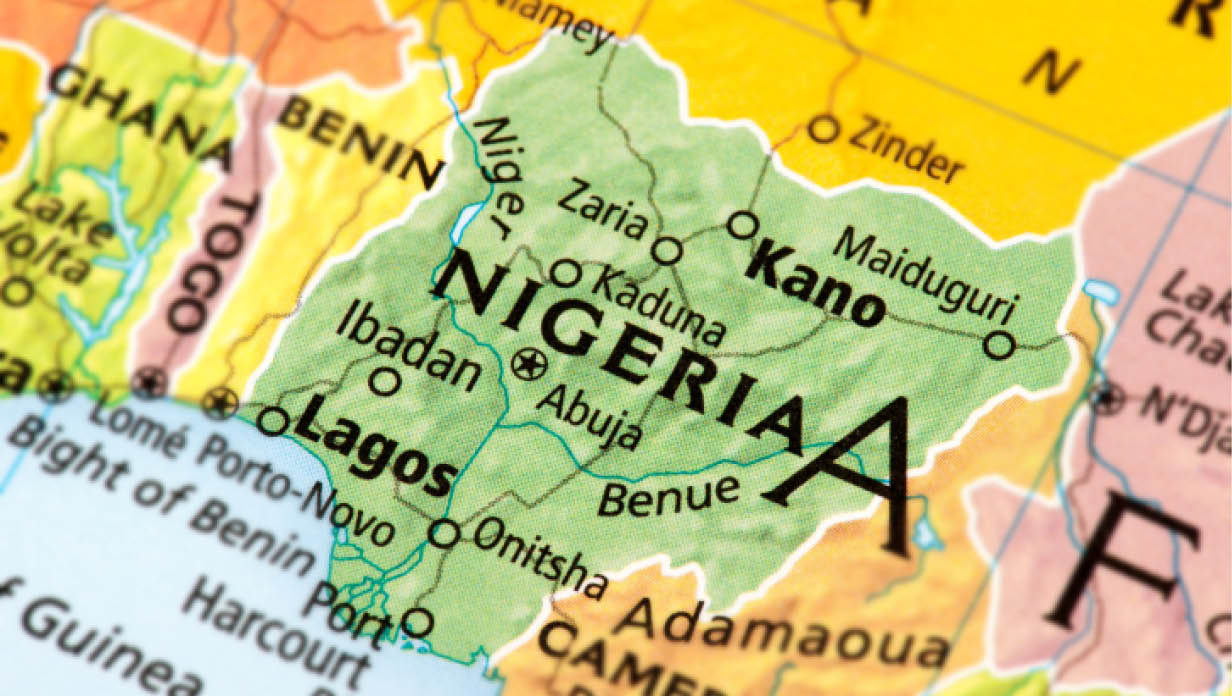The best part of the evening Islamic classes, depending on who you ask, would have to be the staggering array of local fruits, snacks and confectioneries, many of them shattering one’s senses and taste buds in the most otherworldly way. And speaking of taste buds, up to a point in my life, I had no idea that Miyar Kuka, Ogbono Soup, or Ewedu came from three different regions. But Yaya, that supermom who’s my mother, cooked them all, and with such soul and skill that her cooking was legendary with our friends, as much as hers.
Friends would ‘stage’ visits at about lunchtime or dinnertime if it meant Yaya was whipping up either Pounded Yam and Egusi, Tuwon Shinkafa and Miyar Wake, or Amala and Ewedu topped with a rich, peppery beef-and-assorted stew. And staged or not, visits from friends were always welcome, as she always had large pots of whatever goodness was up at any given day.
- How Adesokun captured memories in The Taxi Driver
- Mustapha Saheed: My sons need federal gov’t support to maintain ITTF rankings
It’s not only Yaya’s kitchen or recipes that are incredibly pan-Nigerian. A list of her friends would read like a ‘United States of Nigeria’ owing to its ethnic diversity. And that’s even before you factor in the fact that she speaks the three major languages fluently enough to pass for a native of whichever one she’s conversing in. Depending on which friends were visiting, she would totally rock Igbo, Yoruba, or Hausa – and of course her original Nupe – then English. Yes, I knew it was unusual, but only vaguely so. It wasn’t till later in young adulthood that I realized how much of an outlier she was, which explained why she was – is, really – loved by many from across the length and breadth of the country.
Anyone born in Kaduna in the 70s or 80s would feel a warm glow when ‘Kaduna Club’ is mentioned. Covering a wide expanse of choice real estate smack within Murtala Square, itself the centre and the heart of the then-most cosmopolitan city in Northern Nigeria, it was a members-only club for families to visit for recreation, socialization, and relaxation. And boy, did Kaduna citizens relax there! A cinema, a swimming pool, a massive dining room, a ridiculously humongous playroom, all kinds of indoor games, a newsagent’s which stocked British and American comic books, and a lovely library which had probably every single Enid Blyton book ever published. Parents found in it the perfect place to unwind from Fridays, Saturdays, and Sundays, all while their children made new friends and played with old ones. The club’s membership, like most of anything in Kaduna then, was a veritable potpourri of diversity. Sadly, it’s a shadow of its former self today. But I digress.
Secondary School years proved to be problematic in their own problematic way, as a good chunk of the later part of it had us young men growing into teenagers, complete with the angst and rebellion that came with it. The things I remember best about that period include my discovery of my artistic talent, which saw me drawing or painting stuff for schoolmates for extra cash, which I’d sneak off to Kasuwan Gari, or Central Market, with friends to buy comic books. Basketball after classes was always something to look forward to, and we’d pick sides with kids who could play well, and not because of their names or where they worshipped.
More memories include those of the time I had my first kiss, in Form Five and after harbouring a crush on the recipient for years, only getting the courage to tell her in the presence of my friends. Best and worst times those were, definitely. During teenage years which included a career – what’s called a ‘side hustle’ today – as a cartoonist, and graphic artist for Kaduna’s most influential ad agency, and both dovetailed nicely. It was this period, in-between house parties and joyrides with friends in their parents’ cars that the first bloody riot broke out in the city of my birth, in 1982.
Sparking from Zangon Kataf, it spread all across the state, and even affected some parts of the city itself. The nature of my neighbourhood, and a number of those surrounding it, meant we were puzzled by the news of violence and wanton killings. But somehow, Kaduna persevered, even though it came at a cost: Our perfect bubble of diversity and near-perfect happiness was popped. We imagined that was the worst possible thing that could ever happen to us, but unbeknownst to us, real heartbreak was on the way.
(Concluded next week)

 Join Daily Trust WhatsApp Community For Quick Access To News and Happenings Around You.
Join Daily Trust WhatsApp Community For Quick Access To News and Happenings Around You.


